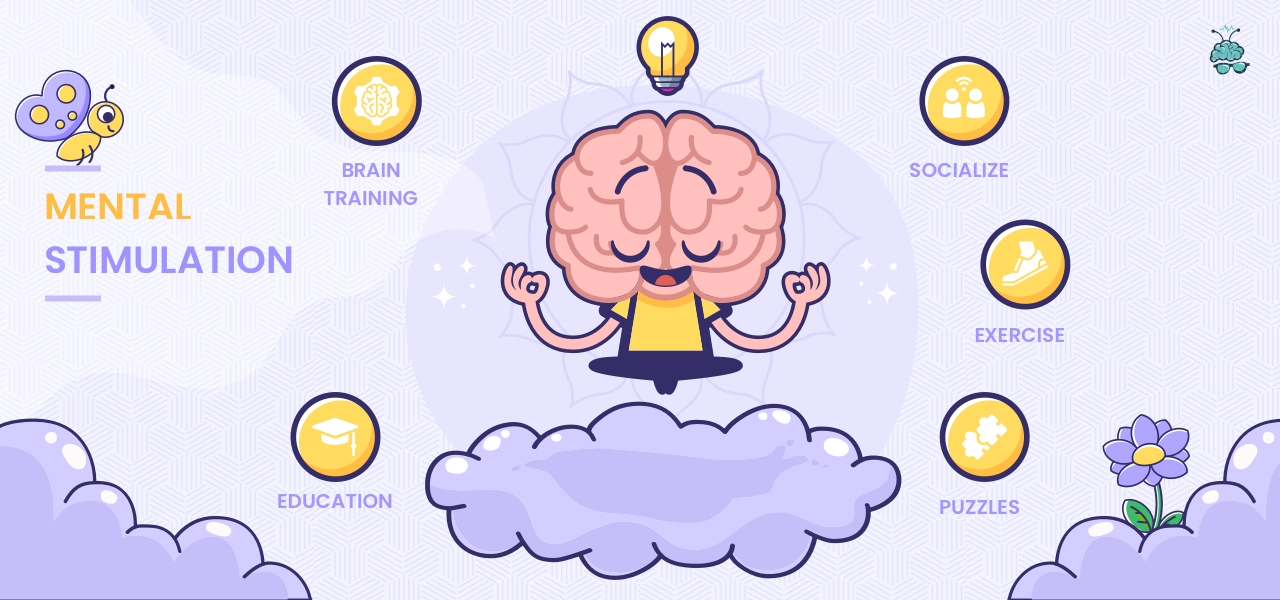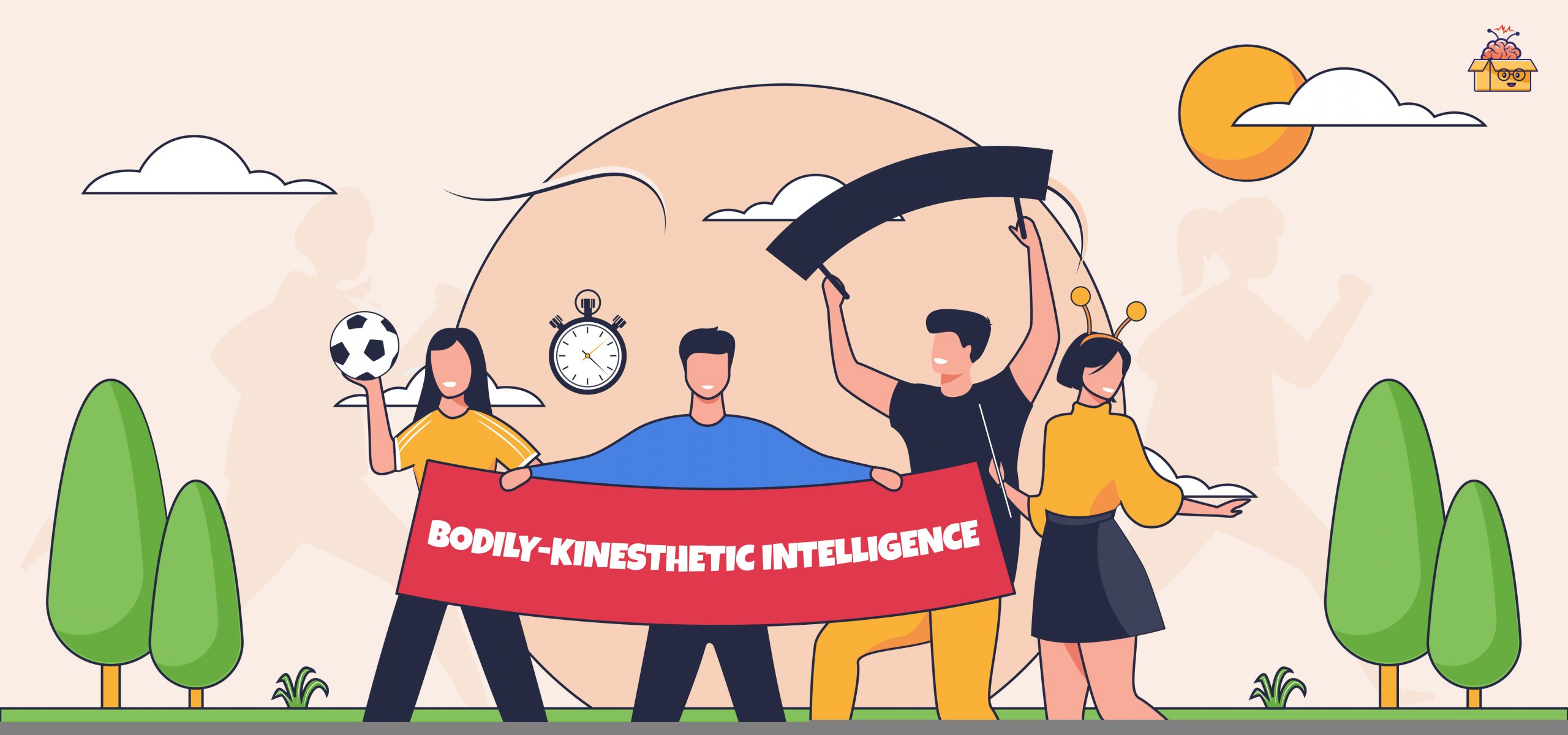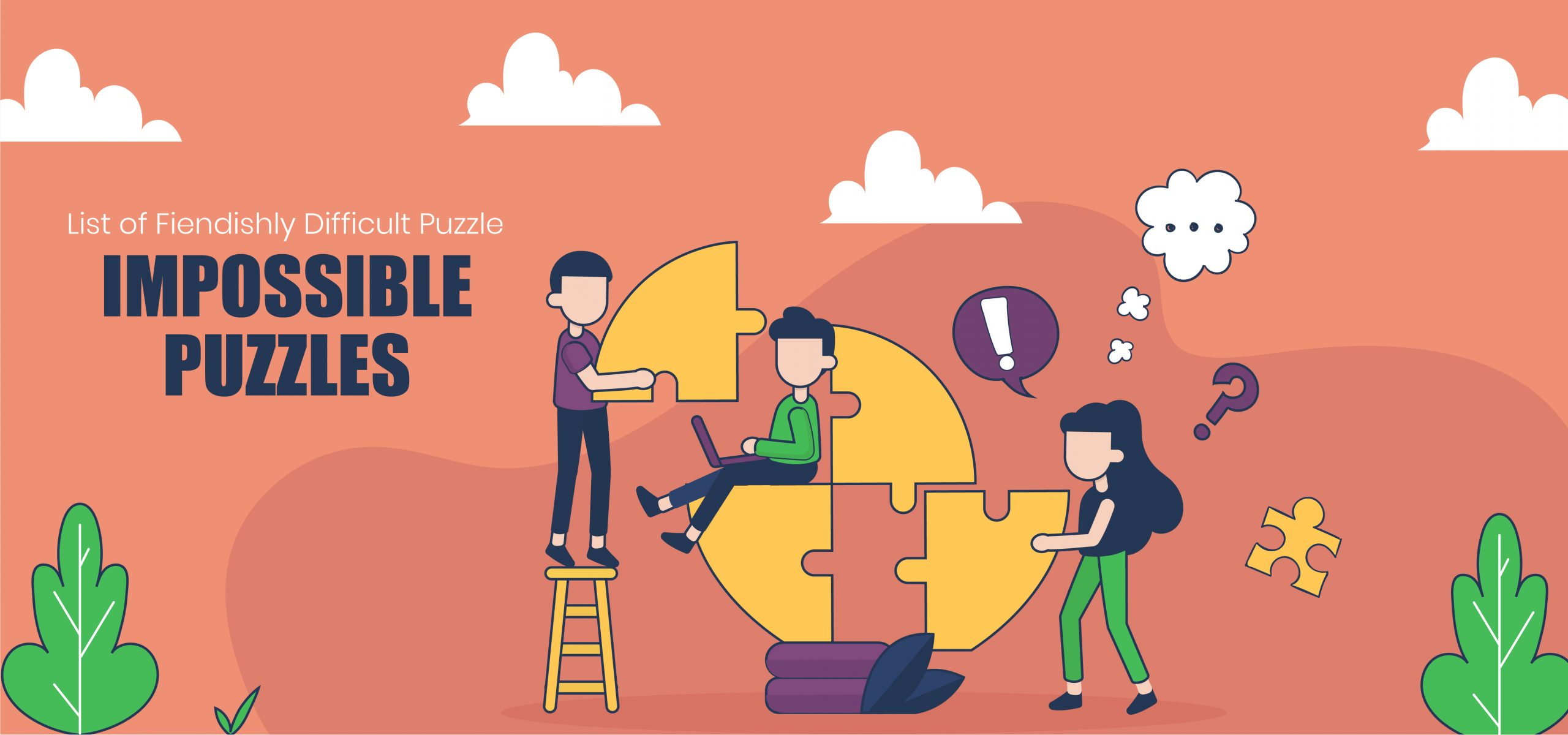-
Mental Stimulation — Simple Mental Activities to Boost Your Mental Health

You know the effects of a physical workout. It makes you stronger, faster, and better. Pumping iron, hitting the pavement, or practicing yoga impacts your strength, endurance, flexibility, and cardiovascular health.
The same goes for your brain.
It needs activities, mental workouts, and new experiences — all that stretches its capabilities to keep it fit. These activities that enrich and nourish your brain are called mental stimulation. Let’s understand how these mental activities can benefit your mind and help you keep it sharp and healthy.
So What Exactly is Mental Stimulation?
Mental stimulation can be described as activities that help enrich your mind and improve brainpower. It could be anything — reading a book, learning a language or a musical instrument, playing brain games, or even socializing with people. All these provide the mental stimulation that not only boosts your brainpower but also helps fight the debilitating age-related cognitive diseases. Here’re some of the benefits of mental stimulation.
Positive Effects of Mental Stimulation
1. Mental Stimulation Improves Neuroplasticity
Neuroplasticity or brain plasticity is the ability of our brain to adapt to the changes and grow. When you are exposed to a new experience, your brain creates connections between neurons (the brain cells) and changes its neuronal structure. So whenever you expose your brain to a new experience or a challenging activity, new connections between neurons are created.
Although this is a natural process that happens every day when you experience something new, you can purposefully work on rewiring your brain with conscious mental activities and simulations.
Consider your brain as a computer that upgrades its hardware along with the software updates. The hardware upgrades are the new neuronal connections that happen with upgrades in software — new experiences. Now that’s something really fascinating.
2. Improves Cognitive Reserve
The concept of cognitive reserve explains the ability of some individuals to stay mentally healthy despite age-related cognitive debilitation (loss in memory, verbal and reasoning ability) or social and personal distress (personal loss, stress, etc). The higher the cognitive reserve the better resilience to these diseases and adversities.
Cognitive reserve is influenced by genetics and aspects of life such as level education, cognitively demanding occupations, and socially interactive lifestyle. But mental stimulation can help you boost the cognitive reserve. Learning new skills or even challenging your mind with simple activities such as reading, solving brain games and regular exercise can help.
3. Improves Day-to-Day Cognitive Functioning
Apart from slowing down the effects of age-related brain diseases and improving brain plasticity, mental stimulation has some great effects on everyday cognitive functioning. Consider mental stimulation as your body workouts. Just like you can work on your strength, agility, or endurance with different exercises, you can improve different cognitive functions with different mental activities. You can workout your mind to develop your attention, focus, memory, information processing, logical thinking, lateral thinking, problem-solving, etc. with different mental activities.
Mental Stimulation – Things You Can Do
1. Adopt Life-Long Learning
This is one of the keys to mental health and the best mental stimulation — learning. Education and learning often stop at school or colleges. But it doesn’t have to be so. Take courses and learn new skills — it doesn’t necessarily have to be related to your profession. It can be a hobby too. Learn baking, a musical instrument, a new language, history, etc. This learning is aimed to expose your brain to new experiences; all that stretches the limits and keeps it sharp and healthy.
2. Brain Training
Brain training is what the name suggests — it trains your brain to perform better. These are the activities that engage your brain, make you think, and challenge your cognition. There are a wide variety of cognitive training materials that targets specific cognitive functions to provide mental stimulation. You can try brain training that works on your attention (sustained and selective attention), comprehension, memory, processing speed, language skills, etc. Here you can try this memory brain game to get started.
Below is a list of some words that are irrelevant to each other. Take two minutes to study them and engage yourself in some other activities for the next 10 minutes. Then come back and check how many words you can remember.
- Cat
- Dessert
- Piano
- Tap
- Book
- Rain
- Honey
- Sad
- Green
- Write
- Cradle
- Scary
- Eagle
- Remarkable
- Iron
4. Puzzles Games
What can be a better way to stimulate the mind with the games that are designed for it. Puzzles and brain games such as Sudoku, crosswords, word scrambles, and brain teasers are a fun and effective way to challenge your mind. There are a number of puzzles that are designed to work on your different parts of the brain such as mental math, riddles, brainteasers, reasoning games that work as a brain trainer but these are just way more fun.
5. Physical Exercise
Regular physical workouts aid in improving cognitive function and reduces the risk of dementia. Moderate-intensity exercise for about 150 minutes a week can increase the blood flow to the hippocampus — the memory storage region of the brain. And combining it with some kind of brain games and other mental activities can expand its benefits.
6. Socialize
Social interactions provide mental stimulation as it engages different cognitive resources. If you are neglecting socializing in your life, you are neglecting to work on a large part of the brain. A recent study found that even a small amount of social interaction such as 10 minutes can help in better cognitive functioning. Further, social interactions also have a great impact on cognitive aging as it involves managing and understanding emotions that require complex brain functioning.
Wrapping Up
Deliberately working on your mental health doesn’t take much time and effort but can have life-changing effects on your mental health. A good lifestyle with some simple activities like being socially interactive and brain training can help you improve everyday cognitive functioning and even provide resilience against age-related mental diseases. Hope this brief article about mental stimulation has provided you with some information to get started with your mental health journey.
Since you are here, if you enjoy challenging your brain with some brain games and puzzles, don’t forget to check our PUZZLES section. We have some crazy archives of brain games that’ll keep you engaged all day long.
 34178
34178







